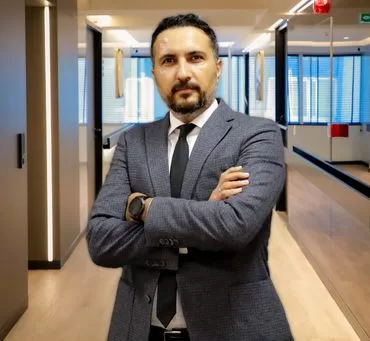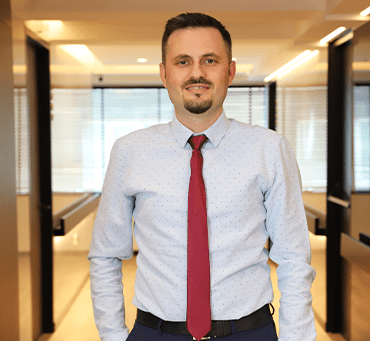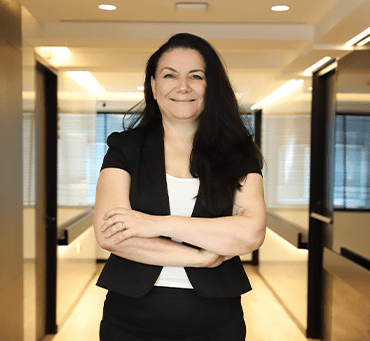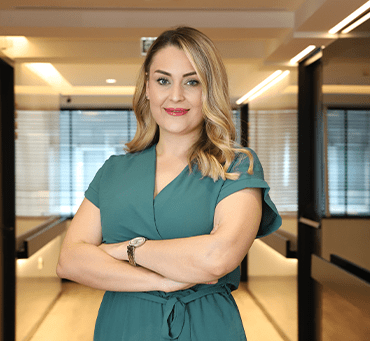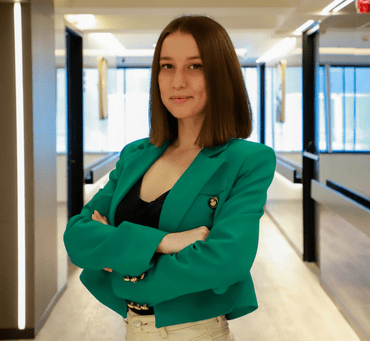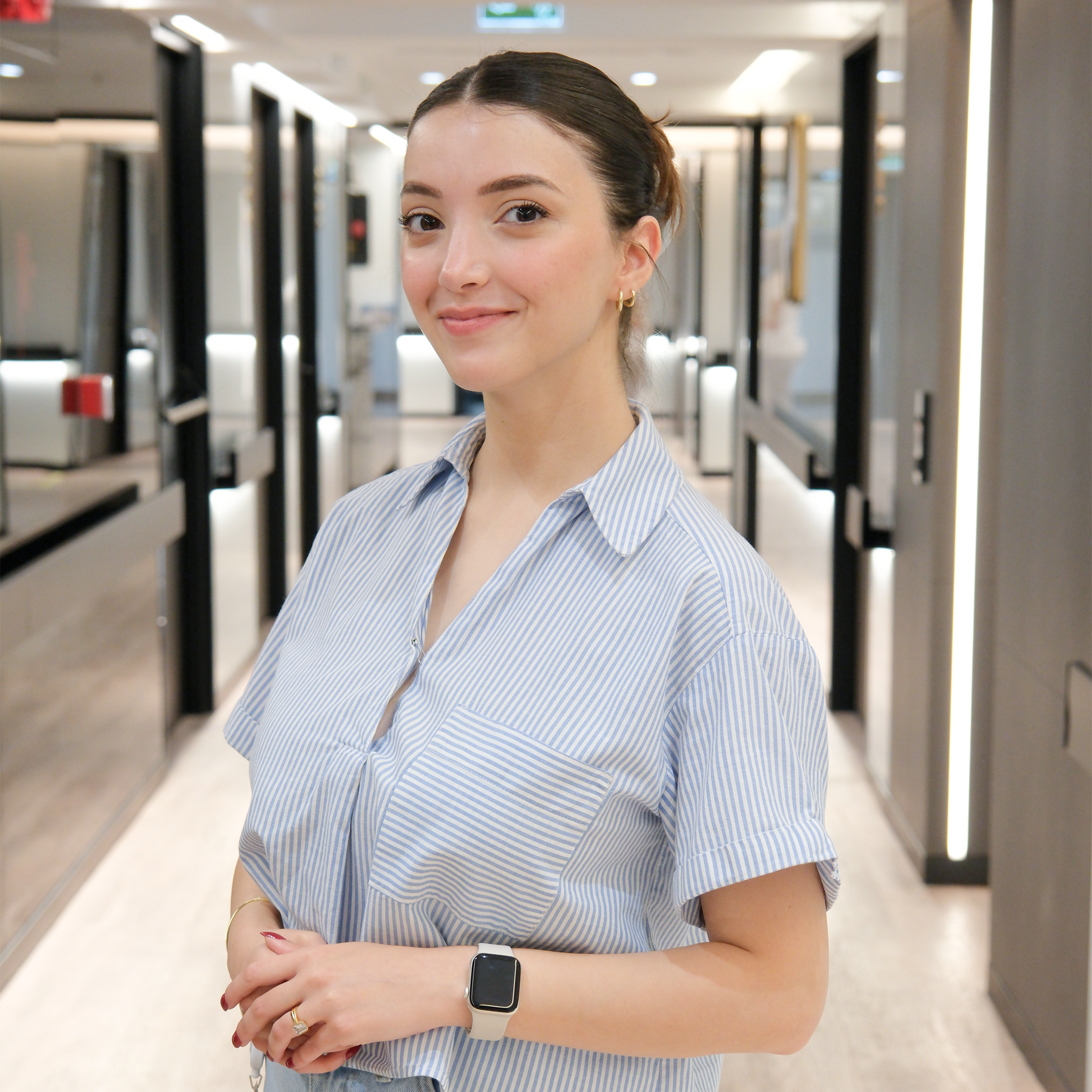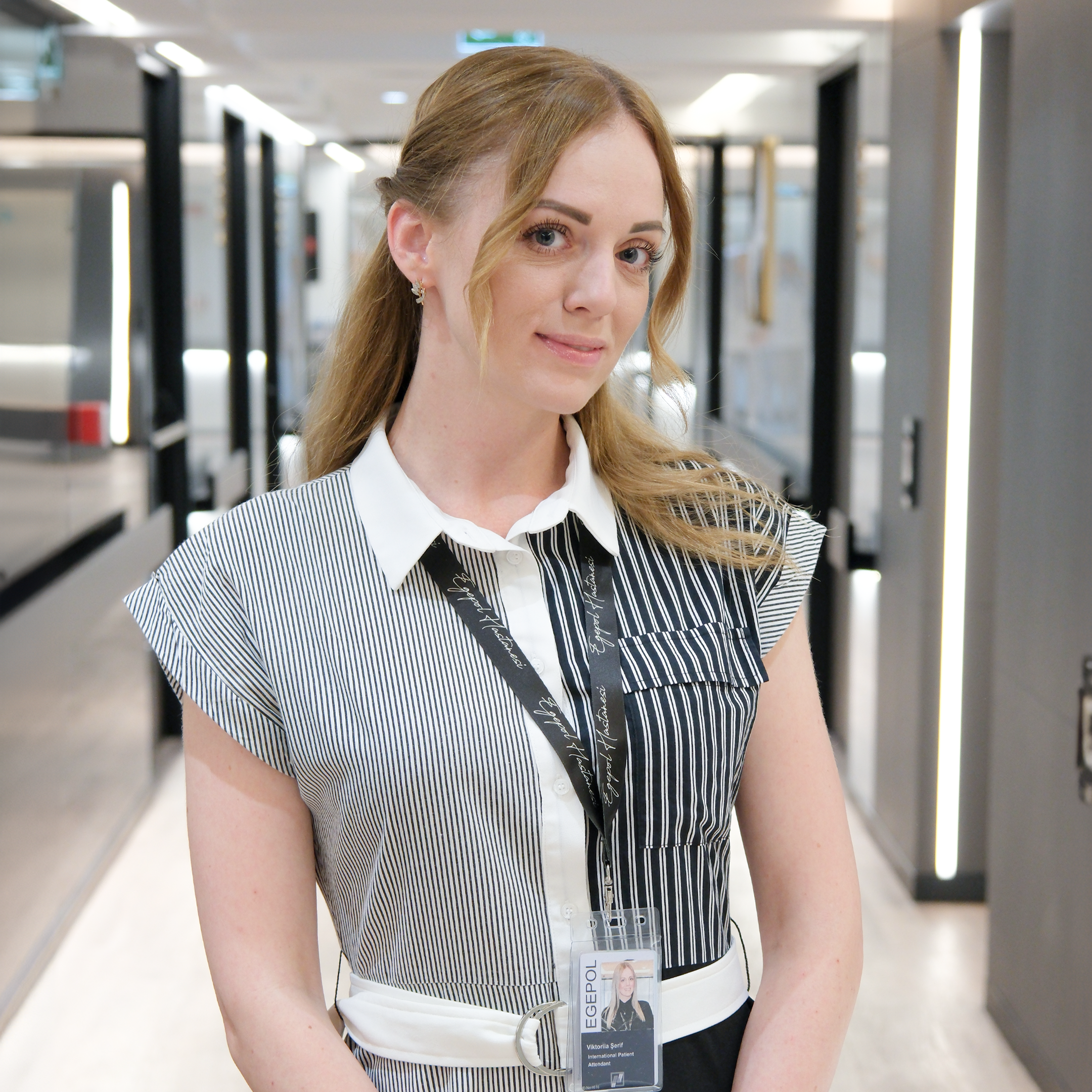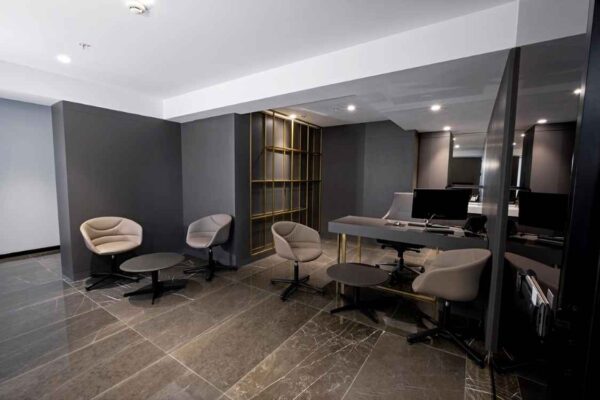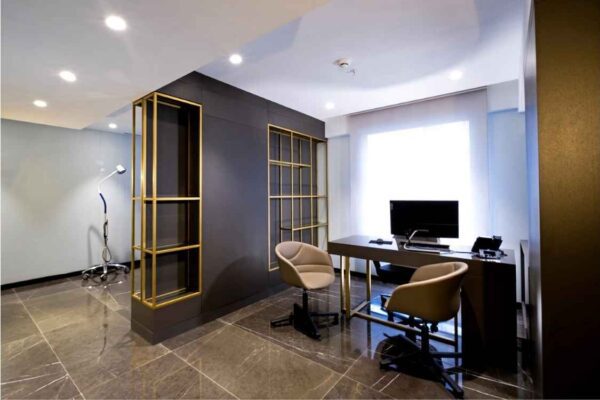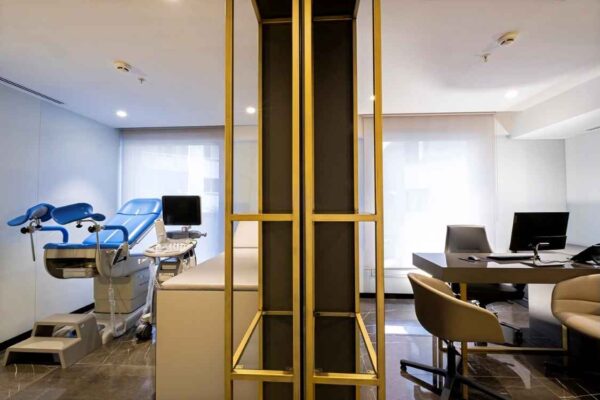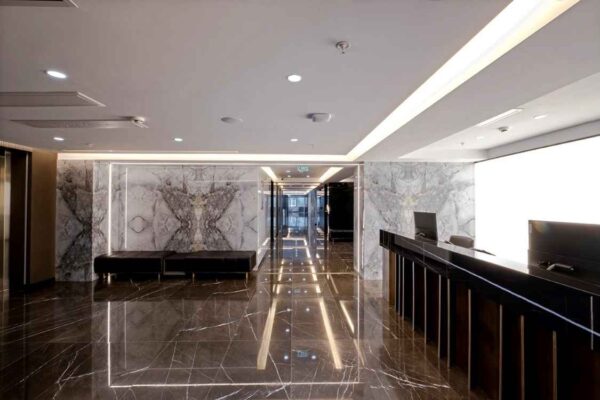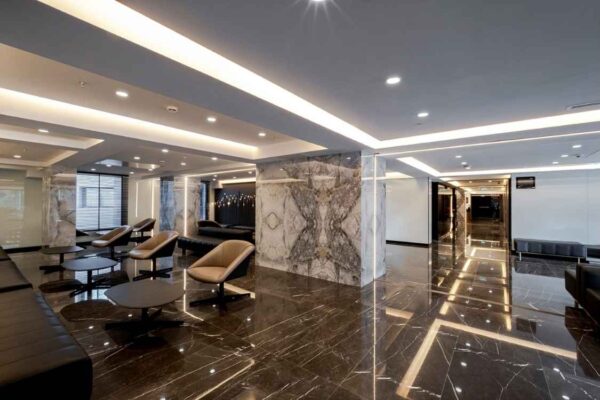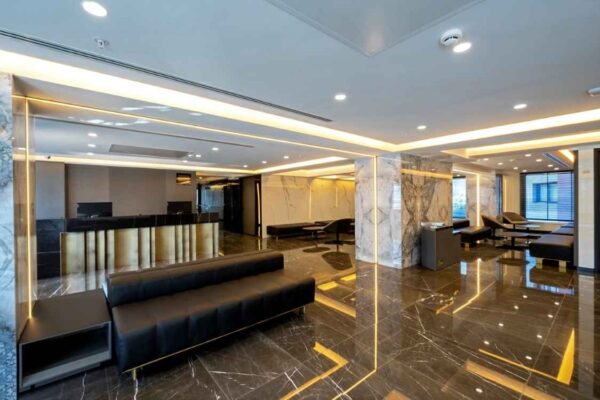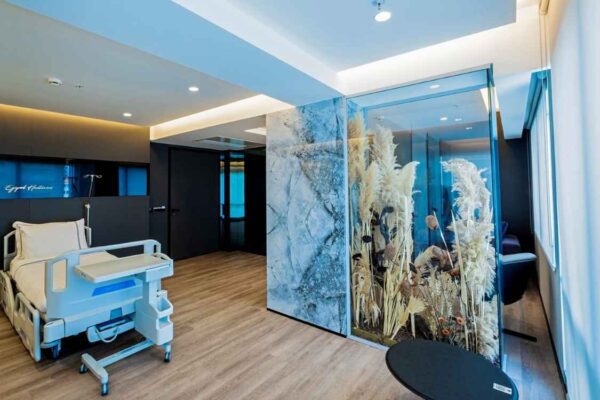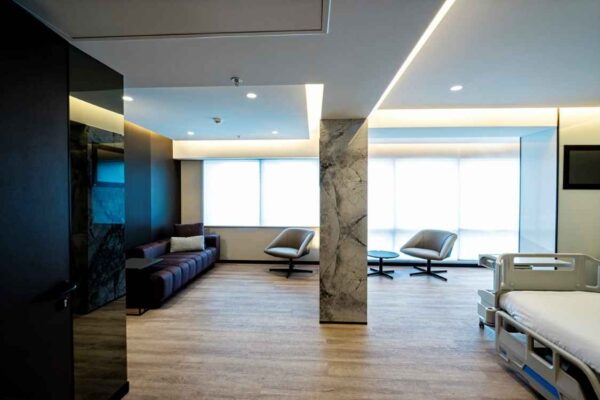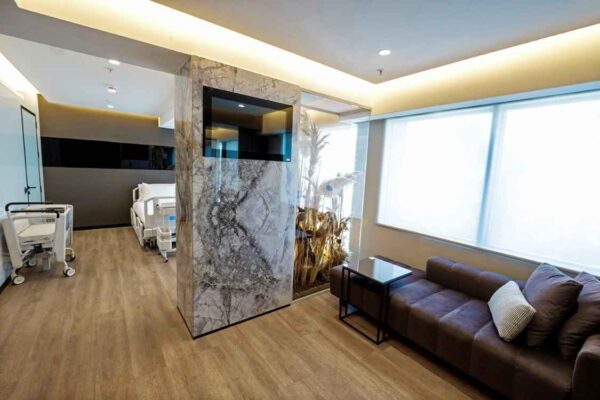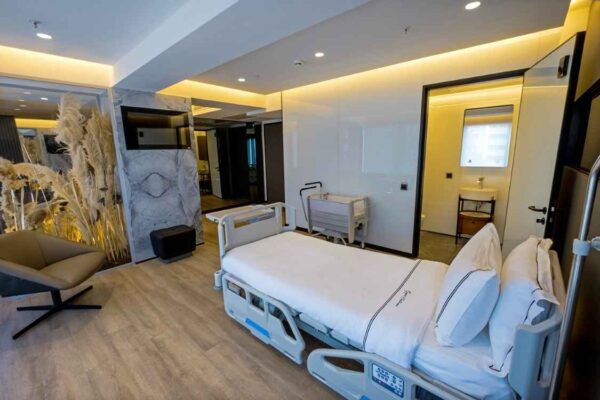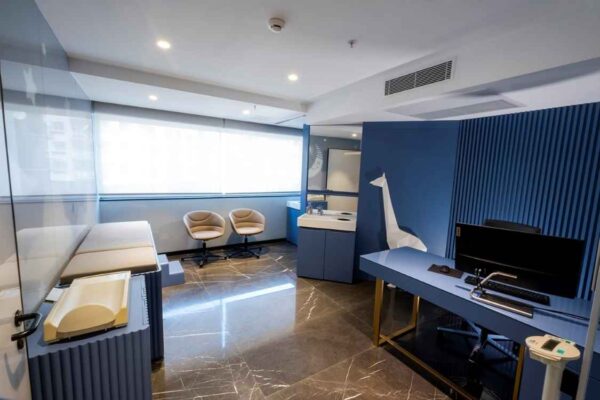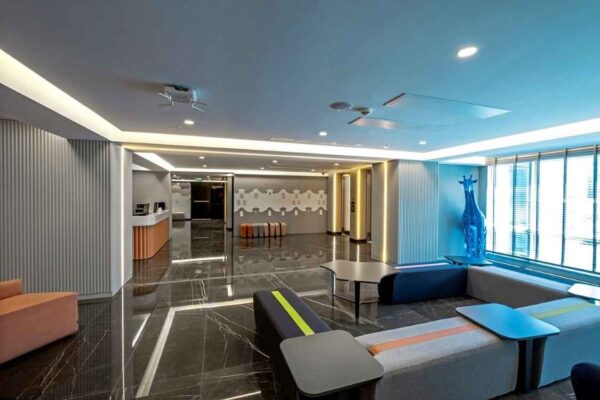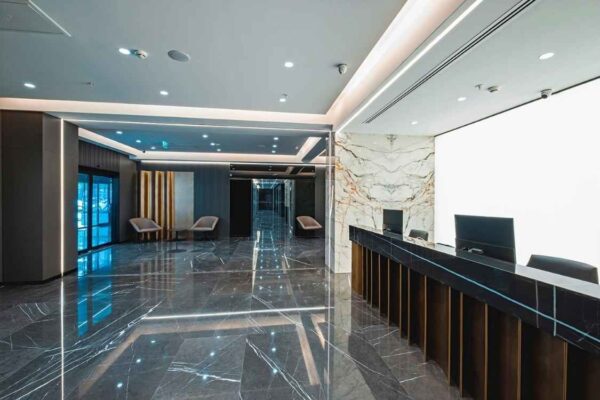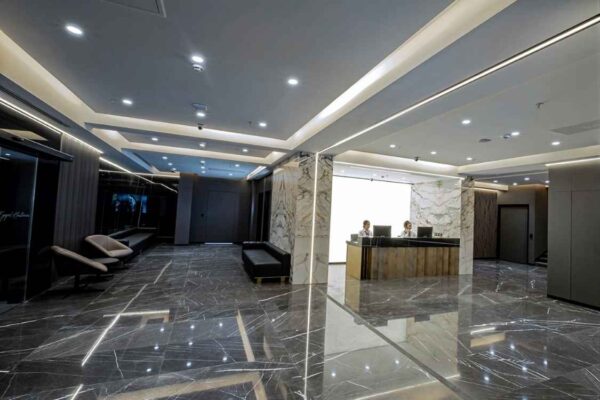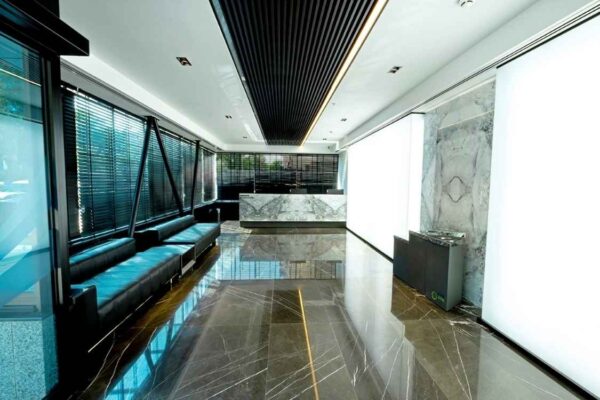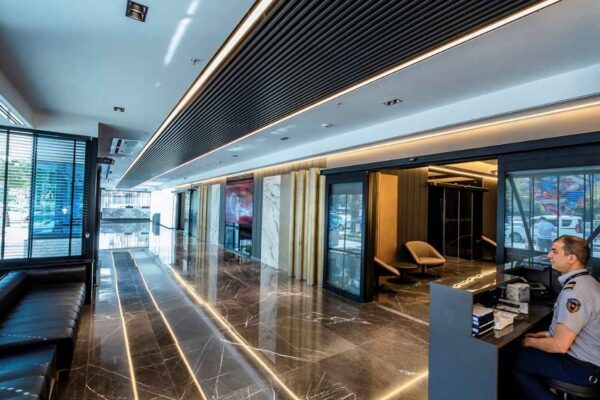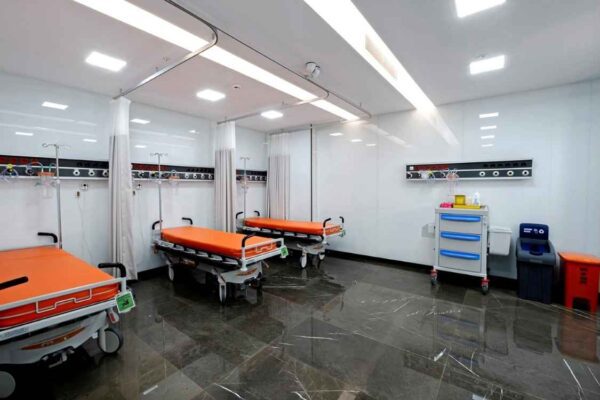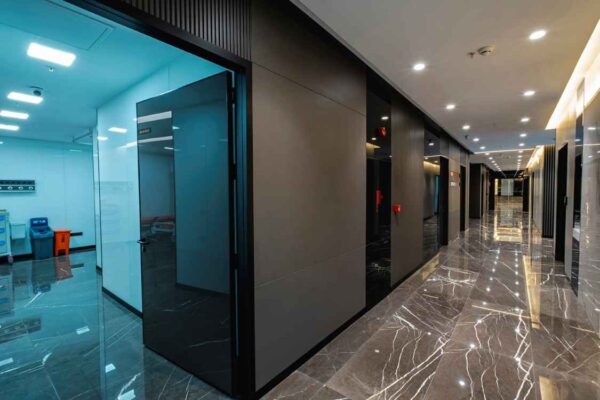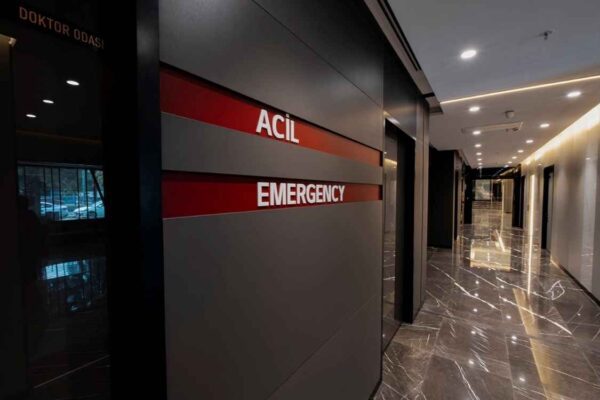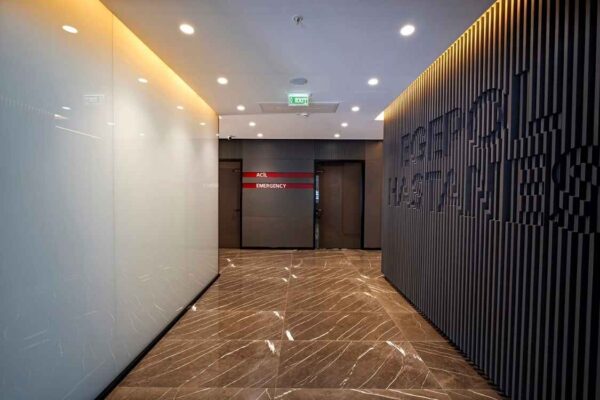Lens implantation, also known as intraocular lens (IOL) implantation, is a surgical procedure in which an artificial lens is implanted inside the eye to replace the natural lens. It is commonly performed during cataract surgery when the natural lens becomes cloudy and affects vision.
The cloudy lens is removed, and the IOL is inserted in its place to restore clear vision. Lens implantation can also be performed for vision correction purposes, such as in refractive lens exchange procedures.
The IOL is chosen based on the individual’s visual needs, and the suaMillions of people throughout the world suffer with hypermetropia, also referred to as hyperopia or farsightedness, which is a refractive vision disorder. People with hyperopia have trouble reading or utilizing digital gadgets because they can see distant objects more clearly than those up close. The necessity of efficient treatment choices is highlighted by this ailment.
Turkey has become a well-known destination as demand for vision treatments in medical tourism develops. The treatment of hyperopia in Turkey is examined in this essay, with particular attention paid to the caliber of medical schools, the level of training of Turkish physicians, affordable costs, and compliance with European quality standards.
Treatment Options for Hyperopia (Hypermetropia)
When light entering the eye concentrates behind the retina rather than directly on it, hyperopia, a frequent refractive defect, results. This happens when the eyeball is too short or the cornea doesn’t have enough curvature. As a result, close things seem hazy and corrective action is required. Treatments for hyperopia include:
- Corrective Lenses: Contact lenses and eyeglasses are non-invasive solutions that refract light to aid in proper eye focus. Because of how easily and clearly they provide vision, these lenses are a popular option.
- Refractive surgery: Techniques like LASIK and PRK alter the cornea’s shape to improve the eye’s ability to focus. The need for corrective lenses is decreased or eliminated thanks to these operations, which provide long-term relief from hyperopia.
- Multifocal intraocular lenses (IOLs): It can be implanted to replace the natural lens as a permanent option. These IOLs meet the unique requirements of individuals with hyperopia by offering sharp vision at various distances.
Turkish Medical Schools’ Quality
Infrastructure and technology: Turkey’s healthcare system is state-of-the-art and equipped with cutting-edge technologies. Modern ophthalmological equipment is available in hospitals and clinics, laying the groundwork for effective treatment of hyperopia.
Education and Training: The standards of instruction and training provided by Turkish medical institutes vary. In ophthalmology, some people are top-notch while others are not. To guarantee a successful Hyperopia therapy, patients must carefully choose renowned healthcare facilities.
Quality of Turkish Doctors
Expertise of ophthalmologists: Turkish ophthalmologists exhibit impressive expertise; many of them received their education and training from recognized institutions both at home and abroad. Patients receive cutting-edge therapies for hyperopia thanks to their commitment to staying current with ophthalmic developments.
Effective communication: In medical tourism it is cruel of communication, as is the ability to speak multiple languages. Although a large portion of Turkish medical staff speaks English, there is always space for growth. The patient experience is improved and trust is fostered when multilingual competence is guaranteed through language instruction and interpretation services.
Turkish Hyperopia Treatment at Affordable Prices
Value and Cost Advantage: For those looking for therapy for hyperopia, Turkey’s cost advantage is a strong selling point. The combination of affordable costs and top-notch medical services makes Turkey an alluring travel destination. Patients frequently discover that they can get top-notch care for a fraction of what it would cost in Western nations, giving them tremendous value for their money.
Pricing Transparency: Transparent pricing is essential. All expenses related to the treatment of hyperopia, including consultation fees, surgical charges, and post-operative care, should be completely disclosed to patients. Building confidence between patients and healthcare professionals requires transparency.
European Quality Standards Compare to Turkey
Regulation and Accreditation: Turkey has made tremendous progress toward bringing its healthcare standards into line with those of the European Union. Turkish healthcare institutions are widely accredited and regulated to adhere to international standards, giving patients the assurance of receiving high-quality care in a secure environment.
Innovation and Continuous Improvement: To keep Turkey’s status as a top destination for medical tourism, innovation and constant improvement are essential. Regular evaluations and assessments help to improve patient safety and satisfaction by highlighting areas that need improvement. Turkey’s position as a leader in medical tourism is ensured by its embrace of innovation in medical procedures and technology.
Benefits of Treatment for Hyperopia in Turkey
Opportunities for tourism: Medical tourists will benefit from Turkey’s vibrant culture and rich history.
- Infrastructure for Comprehensive Medical Tourism: Turkey has a well-established infrastructure for medical tourism that serves foreign patients. This includes specialized medical travel organizations, medical facilities, and clinics with staff who know English, making the procedure simple for patients from overseas.
- Cultural Richness and Tourist Attractions: Patients can immerse themselves in Turkey’s rich history and lively culture in addition to obtaining top-notch medical care. The nation is home to a wide variety of tourist destinations, including vibrant bazaars, historical landmarks, and breathtaking natural beauty. Patients are able to combine their medical journey with a rich cultural experience thanks to this.
- Accessibility and Geographic Advantage: Thanks to Turkey’s advantageous geographic position, which acts as a bridge between Europe and Asia, patients from all over the world may travel there with ease. International airports in major cities like Istanbul, Ankara, and Izmir have great connectivity, making travel plans simple.
- Medical Staff That Speaks Multiple Languages: Turkish doctors who are bilingual are part of a varied medical workforce that comprises medical professionals who speak multiple languages in addition to English. This capacity to speak multiple languages improves patient care and communication.
Conclusion
Turkish culture is renowned for its warm hospitality, and this extends to the healthcare industry. Throughout the course of therapy, patients frequently receive individualized, patient-centered care that puts a priority on their comfort and wellbeing.Procedures for obtaining visas have been made simpler in Turkey for medical tourists, making it relatively simple for patients to acquire the required travel documents. This lessens administrative difficulties and makes the journey more enjoyable.
Turkish medical facilities often offer strong follow-up and aftercare services. A successful recovery is ensured by regular check-ups to monitor the patient’s development and resolve any post-operative issues. Turkey has made considerable investments in healthcare research and innovation. This dedication to progress guarantees that patients have access to the most cutting-edge diagnostic tools and therapeutic strategies.Patients with hyperopia have a variety of non-invasive and minimally invasive therapy options available to them, including the most recent developments in lens implant and refractive surgery methods.
rgery is typically safe and effective, providing long-lasting vision improvement.
FAQs
The local currency of the Republic of Turkey is the Turkish Lira. Our patients can convert their cash from exchange offices to Turkish Lira.
Our patients can withdraw money in Turkish Lira, Euro and Dollar through ATMs in Turkey. You can easily withdraw money with foreign language options available at ATMs.
Foreigners can use their own vehicles with the obligation to carry their own driver's license, vehicle license and passport with them. Vehicles are driven on the right side of the road in Turkey.
The sockets in Turkey are dual like the sockets used in Europe.
If you have your phone line open for use abroad before coming to Turkey, you can use your own operator as well as local GSM operators.
Our Team
Our Hospital
Atilla, Halide Edip Adıvar St.
No:57, 35270 Konak/İzmir




